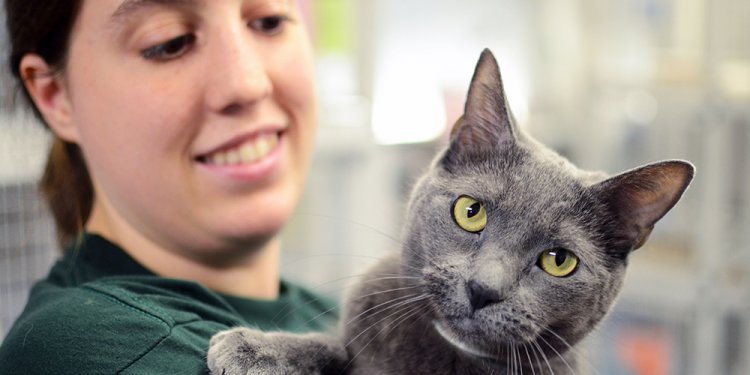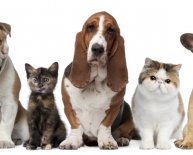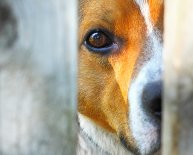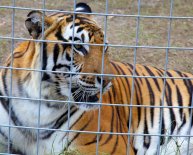
Animal Shelters in New York
H7N2 strain has triggered mild disease in cats in New york shelter and it is considered to present a reduced threat to humans
Medical Department is contacting persons just who recently followed Manhattan protection cats
– The Health Department as well as the Animal Care facilities of NYC (ACC) today revealed that a strain of influenza A virus, referred to as reduced pathogenic avian influenza H7N2, happens to be identified in 45 kitties housed on New york shelter. This is actually the first time this virus has been detected and transmitted among domestic cats. It is unknown how the kitties contracted herpes. Up to now this virus causes mild disease in cats and it is considered to present a decreased danger to people. There have been just two recorded individual instances of low pathogenic avian influenza H7N2 disease in the United States – one out of a farmer who worked closely with chickens in 2002 as well as the other with an unknown source in 2003. These two clients recovered.
Based on recent testing information by the University of Wisconsin-Madison class of Veterinary medication, November 12, 2016 could be the earliest date when this virus was most likely introduced to the shelter. The Department is calling all persons who possess followed kitties from ACC’s Manhattan care center since November 12th. The Health Department is advising people which followed Manhattan protection kitties during this period to phone the Department at 866-692-3641 for attention guidelines, including maintaining their particular pet separated off their cats or pets, if their particular cat is showing signs and symptoms of persistent coughing, lip-smacking, runny nostrils, and temperature. The Health Department can be advising these pet owners to call 866-692-3641 if they develop temperature with a sore neck, fever with a cough, or purple, swollen eyes.
This influenza virus is dispersing from pet to pet and could manage to spread to many other creatures and perchance humans. No human infections have now been identified to date. Up to now, ACC has tested 20 puppies at the protection, and nothing have contracted this virus. Testing of other animals, including rabbits and guinea pigs, is continuous. There has been no stated cases of the virus among kitties outside of the ACC refuge system.

















